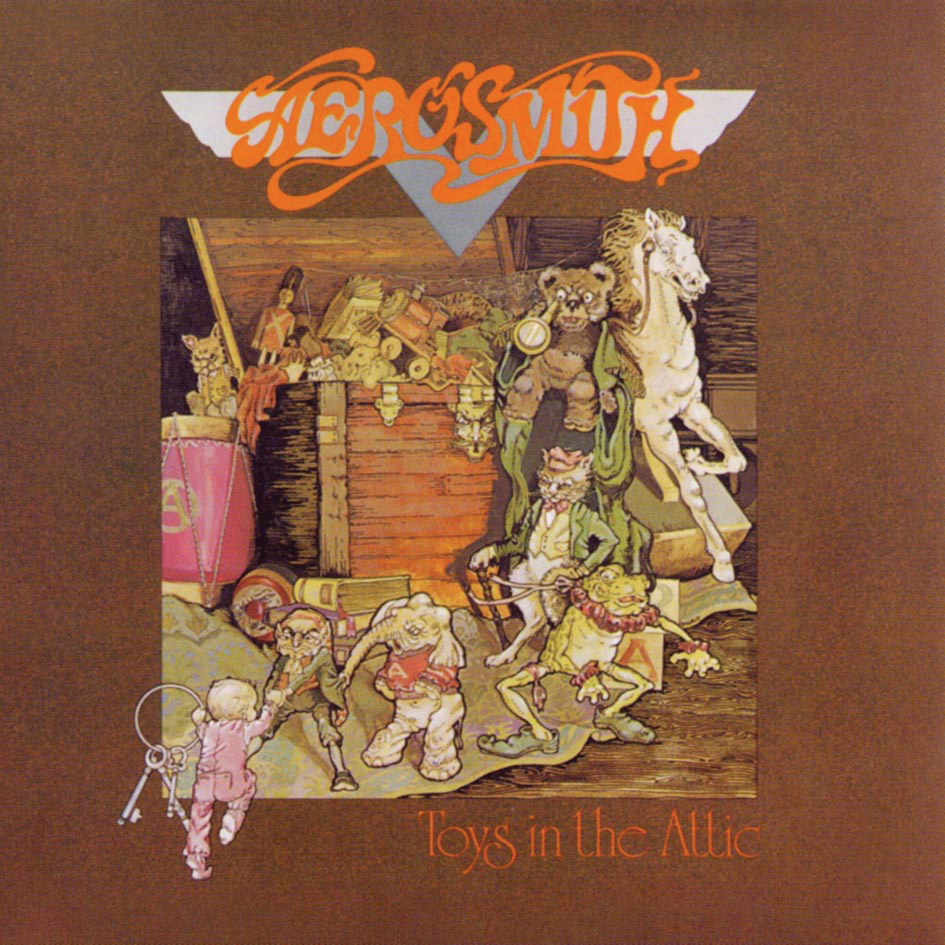 Jack Douglas is a natural storyteller and he will be telling his story—well, sort of his story—in an upcoming book. The producer/engineer extraordinaire has been exploring a collaboration with Scottish screenwriter/director Mick Davis. It will be a book, but it will not, Douglas stresses, be a rock ’n’ roll memoir. (This interview was originally published on Best Classic Bands in 2018.)
Jack Douglas is a natural storyteller and he will be telling his story—well, sort of his story—in an upcoming book. The producer/engineer extraordinaire has been exploring a collaboration with Scottish screenwriter/director Mick Davis. It will be a book, but it will not, Douglas stresses, be a rock ’n’ roll memoir. (This interview was originally published on Best Classic Bands in 2018.)
“I told Mick if I ever found my book in the rock bio section of a bookstore, I would kill him,” Douglas says, on the phone from his home in Nyack, N.Y. “It’s basically a novel, but it’s based around me as the protagonist because I’ve had a very strange life, music just being a part of it. A lot of interesting characters have passed through.”
So, there is, perhaps, a roman a clef in the works. But here, we’ll focus on the music, with excerpts from a 45-minute talk. Douglas is not a reticent interviewee. Born November 6, 1945, he has nary a thought about retiring. He’s got a résumé as long as your arm—Aerosmith, Cheap Trick, Alice Cooper, New York Dolls, Patti Smith, Lou Reed and John Lennon and Yoko Ono are among the artists he’s worked with.
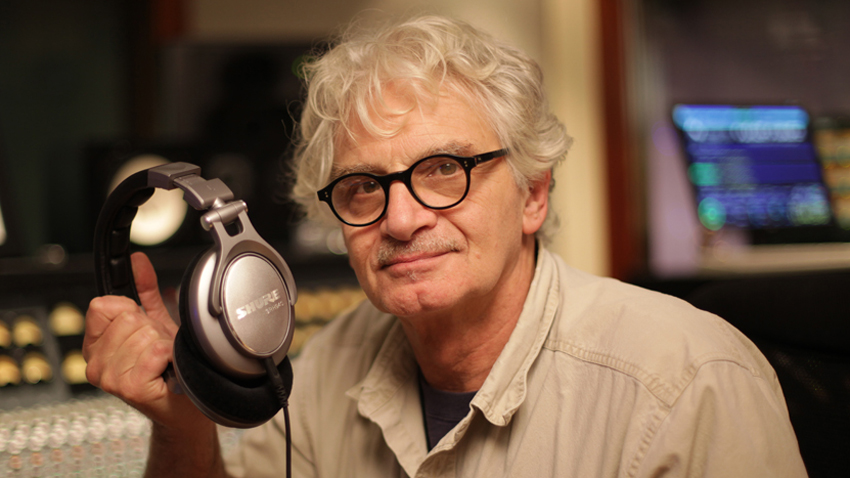
Jack Douglas
He expects when the time comes, he will die with his boots on. “I should just keel over at the [mixing] board or at a keyboard,” says Douglas. “You know, George Martin was a good friend of mine and he was still going with two [hearing] devices in his ears.”
He began working with Aerosmith on their second album, 1974’s Get Your Wings, and continued producing them for their next three releases, all classics: 1975’s Toys in the Attic, 1976’s Rocks and ’77’s Draw the Line.
You’ve had a long-running relationship with Aerosmith, which continues through your working on Joe Perry’s 2018 record, Sweetzerland Manifesto. How did it begin and why has it sustained?
Jack Douglas: I was working on the first [self-titled] New York Dolls album as an engineer at the Record Plant in New York. Todd Rundgren was producing. Todd didn’t really care much for the band. It was not a good match at all. Todd is a brilliant producer, but more along the “pop” lines and the Dolls were kind of a street band, one of the beginnings of punk. And I was very familiar with them. I used to go to the Mercer Arts Center; I lived in the East Village, I was part of that scene down there with Lou [Reed] and Patti [Smith]. I was a kind of a downtown connection to the band so they put me on as a young engineer.
I can recall [Rundgren] turning to me while the band was playing, saying “God, they’re awful.” And me, saying, “Yeah, well, but in a good way. They seem to make this sound that is really new and original.” When they were doing “Personality Crisis” or one of those things, [singer] David [Johansen] was singing a reference vocal and not knowing what else to say, Todd said, “That’s gonna sound great once we put a lot of harmony on it.’ And David turned and said, “Harmony?! Are you accusing me of having melody?” Which was a bit of a piss-take, but Todd took it seriously and we didn’t see much of Todd after that.
Listen to the New York Dolls’ “Personality Crisis”
Did you take over?
I didn’t take over because I didn’t assume to be the producer. We just did it and Todd would check in every once in a while. We kept the label at bay so they didn’t know that it was a rudderless ship and the managers helped keep it afloat by not letting anyone know it was just us in there. They were in on the conspiracy. And we managed to get the record done. Todd came in and we mixed it in just a few days, maybe a day. They were a major band for [management company] Leber-Krebs and Leber-Krebs had a baby band, which was Aerosmith. They’d already made one record and were about to have some success with the single off the first record, which was “Dream On.”
They, the label, approached Bob Ezrin, who was a very close friend of mine—I was working on the Alice Cooper records with Bob—and asked Bob if he’d like to produce the band. He didn’t really see anything in the band at all by listening to the first record, but he suggested that I produce the record. He was always telling me I had a natural inclination to be a producer. So, when he mentioned my name to Leber-Krebs, Leber-Krebs was like, “Wow, this guy went through this whole Dolls fiasco and made a pretty good record, so sure, that sounds good.”
I got a call to go up to Boston to see the band. I went up there and saw the band play at a high school and I fell in love with them. They played the kind of rock that I’d been playing in bands for years—Yardbirds, Stones, that kind of raw feel. We talked about guitars and amps and pedals and backstage we got along immediately. We had so much in common. Steven [Tyler] was kind of a Bronx guy, in Yonkers, and so was [drummer] Joey [Kramer], very Bronx-Yonkers. We got along and I got the call that they wanted me to do the record, so we went and did Get Your Wings in New York.
How did you help them achieve their goals?
I jumped in as an arranger, as a co-member of the band, almost, and they welcomed that. We were just all on the same page. I understood what they wanted to do, the limitations that they had in the beginning that would get in the way of doing what they wanted to do, and I found solutions for getting around those things. By the time we got to Toys in the Attic we were spending at least two months in pre-production. I understood they couldn’t write on the road. We would spend a great deal of time in the pre-production situation and could come up with a lot of good material.
I understood and got to know every member of the band, not only as an associate but as a friend. I understood what each member of the band brought to the table. I knew if [guitarist] Joe [Perry] was coming to me with this lick the followup to that lick would be something that maybe [guitarist] Brad [Whitford] would have. I could go around the room and we could keep adding things. And Steven is really a musical savant, quite brilliant. He was a great umpire. He’d say, “Don’t go any further! I think you’re onto it, right there. Do that again!” That’s how it worked, month after month, in preproduction. We would take it into the studio and it wasn’t totally written in stone, but just tight enough to allow a good deal of improvisation.
We knew the guys who really needed to know what the arrangements were, of course, [bassist] Tom [Hamilton] and [drummer] Joey [Kramer] because they were laying down the foundation of it. If Joe or Brad went off a little bit, there was room for it. And Steven was always ready or willing at any time to go off in some other direction. Their lives in the ’70s were really dedicated to the band.
Listen to “Train Kept A-Rollin’ from Aerosmith’s Get Your Wings
With Aerosmith—but also other artists you’ve worked with—did you see yourself as a boss, an equal or someone serving their needs?
I was never a boss to any of my bands I worked with. I always felt like a conduit or a collaborator. And I liked being a collaborator the most. I also enjoyed fulfilling a vision, which is the first thing I want to know when I get into any project: “What is your vision? Not mine. What are you trying to say? How can I facilitate it?” To me, that is always the biggest challenge, to satisfy the artist’s vision. And that feeling of everyone being an equal in the studio, not only did it cause a really good vibe, but it also meant we could have a lot of fun together. That’s why I had a few artists who liked to return because the experience of making the record was a joyful one.
If I want to make my own records—and in the last few years, I’ve been scoring films—I get to be the artist in some way and facilitate with the director.
I like hearing about those competing theories of production, the producer’s stamp vs. the artist’s vision or some combination thereof.
I don’t think I have a “sound,” really. Some people say, “Oh, I knew you made this record and what-not” and then I have to crack up because in fact I didn’t make that record. If you listen to a Cheap Trick record and then listen to [John Lennon and Yoko Ono’s] Double Fantasy, I think you’ll find they’re two very different-sounding records. I’m conscious to the song also in that the song deserves a particular sound of its own, has its own identity. The closest I’ve ever come to the sound of the songs having the ultimate truth is [Aerosmith’s] Rocks. To this day, I still feel that that album is closest to a really true statement and it was because the environment in which it was written was the same environment in which it was recorded.
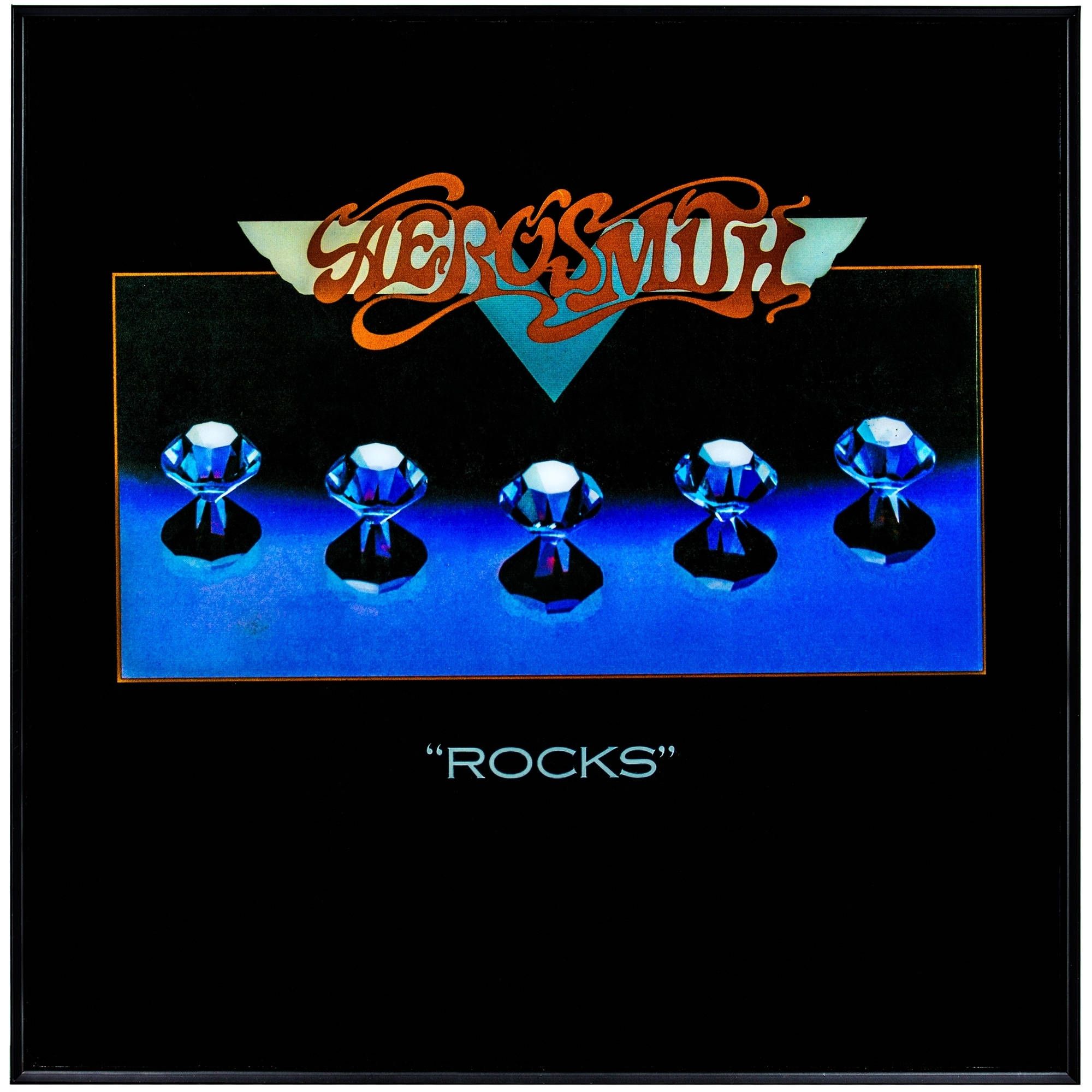 The recoding environment tends to provide the foundation of what the song is. And, of course, the most important thing is to support the lyric.
The recoding environment tends to provide the foundation of what the song is. And, of course, the most important thing is to support the lyric.
Rocks was done in Waltham, Massachusetts, in a warehouse. The keys the songs were written in were all dependent on the environment we were in. After a couple of weeks of rehearsal, the room started to sound really good. The very thought of moving it out of that room seemed like it would destroy everything about where we were. It was 100 percent written in the room—not including the lyrics because the lyrics always came last—but Steven’s melodies. That record, when I put it on, sounds like truth.
Your most recent Aerosmith-related project is Joe Perry’s latest. On his album, you’re credited as “associate producer.” What does that mean?
That means I didn’t really want to do the heavy lifting, but I was willing to do the light lifting. So, I was there to supervise this, supervise that, get the artists in, write some of the songs. It wasn’t that much of a challenge. Johnny [Depp] did a bit of heavy lifting and played on it. The heaviest lifting I did was two weeks before I came home for Christmas. Joe called me up from Florida and said there are three bonus tracks [with Robin Zander, Chris Robinson and Gary Cherone singing] that he thought were great, but we hadn’t really finished, so I finished those up.
Listen to “Aye, Aye, Aye” from Joe Perry’s Sweetzerland Manifeso


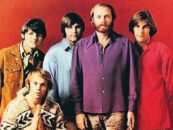
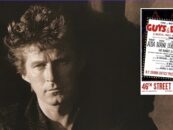
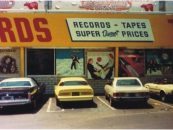
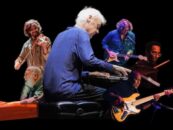

4 Comments so far
Jump into a conversationToys and Rocks stand alone on the mountaintop as the best American rock albums. Period. Rocks has a bite
and filth to it that is simply unmatched.
You are absolutely correct
Jack has done a great job with Aerosmith and CT. I love those albums!
As I read this, I find it rather coincidental that I’m close to finishing the Aerosmith biography written about 20 years ago. Amazing they came out with so many good songs after doing as many drugs as they did. And I mean, they did a LOT! Including Jack!